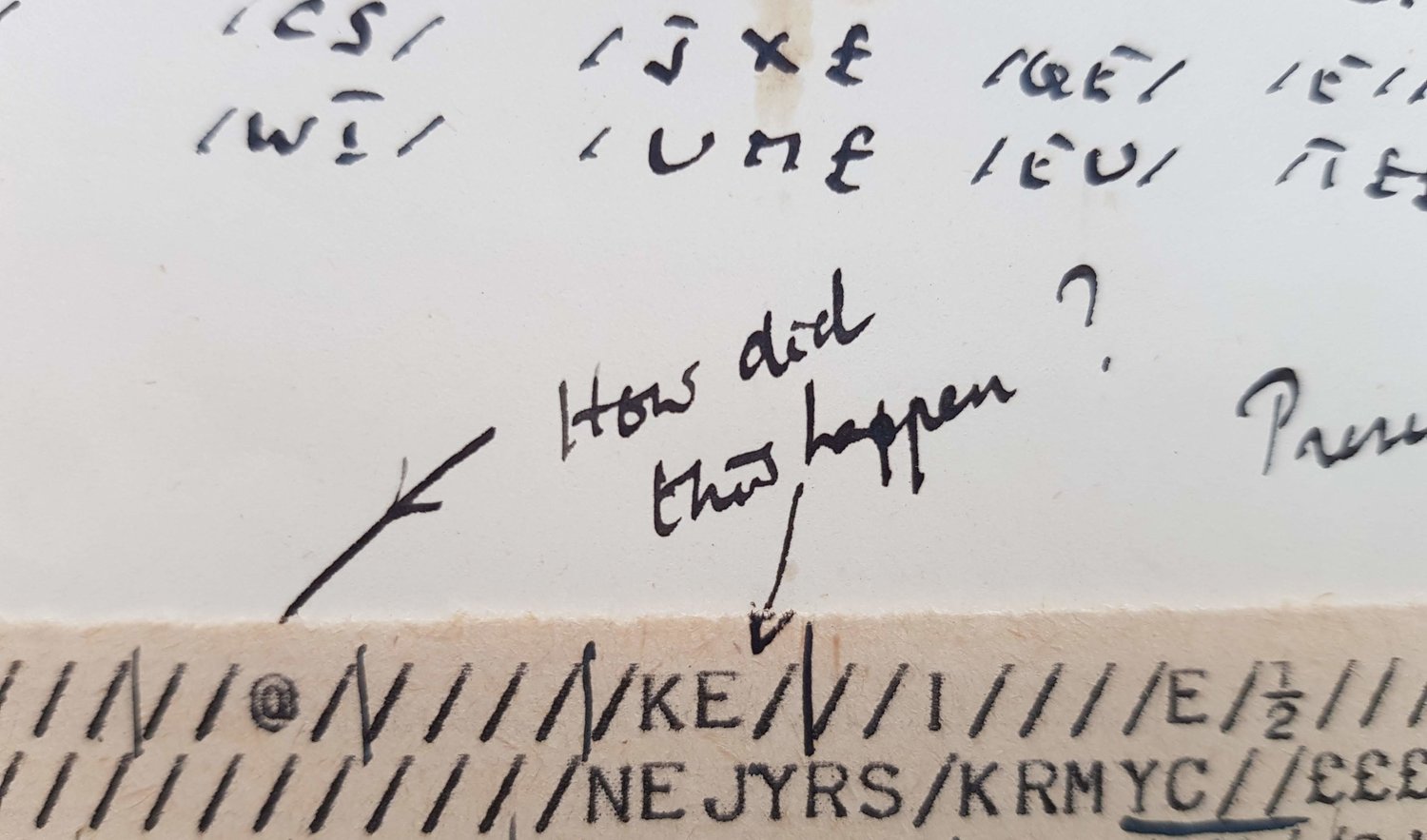Today I learned that the first professional radio broadcast in the North of England was from just down the road from me. In 1921, the head of research for Metropolitan Vickers, Arthur Fleming, applied for a license from the Postmaster-General to run a radio station. He set up one studio and transmitter in the MetroVicks works in Trafford Park, and he needed another one to send signals to check the receivers also being built. So, presumably to impress his children, he chose to use his own house, Highclere, on Hale Road and started broadcasting from there in May 1922, before the Trafford Park studio officially launched as 2ZY, the second ever British Broadcasting Company station, on 15 November 1922.
Fleming also set up a far-sighted apprentice scheme at MetroVicks, that explicitly avoided taking rich young men as ‘premium’ apprentices paying 200 guineas a year, having a major impact on technical education in Britain. Though in his numerous books he always referred to the workforce he was creating as ‘men’, in fact MetroVicks was rather notable for offering serious engineering training to women, in contrast to other local firms like Ferranti. In the 1960s, one of their engineering apprentices, indeed, was one Margaret Beckett, later Leader of the Labour Party (the one before Blair, for anyone doing politics A-level).
The first paragraph is based on John Dummelow’s “1899-1949”, a corporate history of MetroVicks; the second on Veronica Jackson’s 2016 PhD Thesis at Manchester Metropolitan University. There had been amateur radio transmission in Britain from before 1914 (radio hams were banned during the war, because they’re annoying), and Sturmey (1958) notes that Marconi started broadcasting from Chelmsford in 1920, though since the Archers hadn’t started then I don’t know what programmes they broadcast. They only had a temporary license from the Post Office, and it was to impose technical consistency that the Post Office insisted they’d only issue one permanent license, which therefore had to be a consortium of all the big transmitter-making firms, including MetroVicks. It was this consortium that became the BBC; 2LO started in London the day before Manchester, while a Birmingham station started the day after. (Who’s the second city, now, eh?). Sturmey also records that the post-war market in ex-military radio sets was so profitable that a bawdy house madame found it more profitable than procuration.
The second BBC Radio station in Britain, at the Metropolitan Vickers Trafford Park works. The vision (as it were) of ADM Fleming, who started test transmissions from his home in Hale before this station opened in 1922. From Dummelow, 1949.

